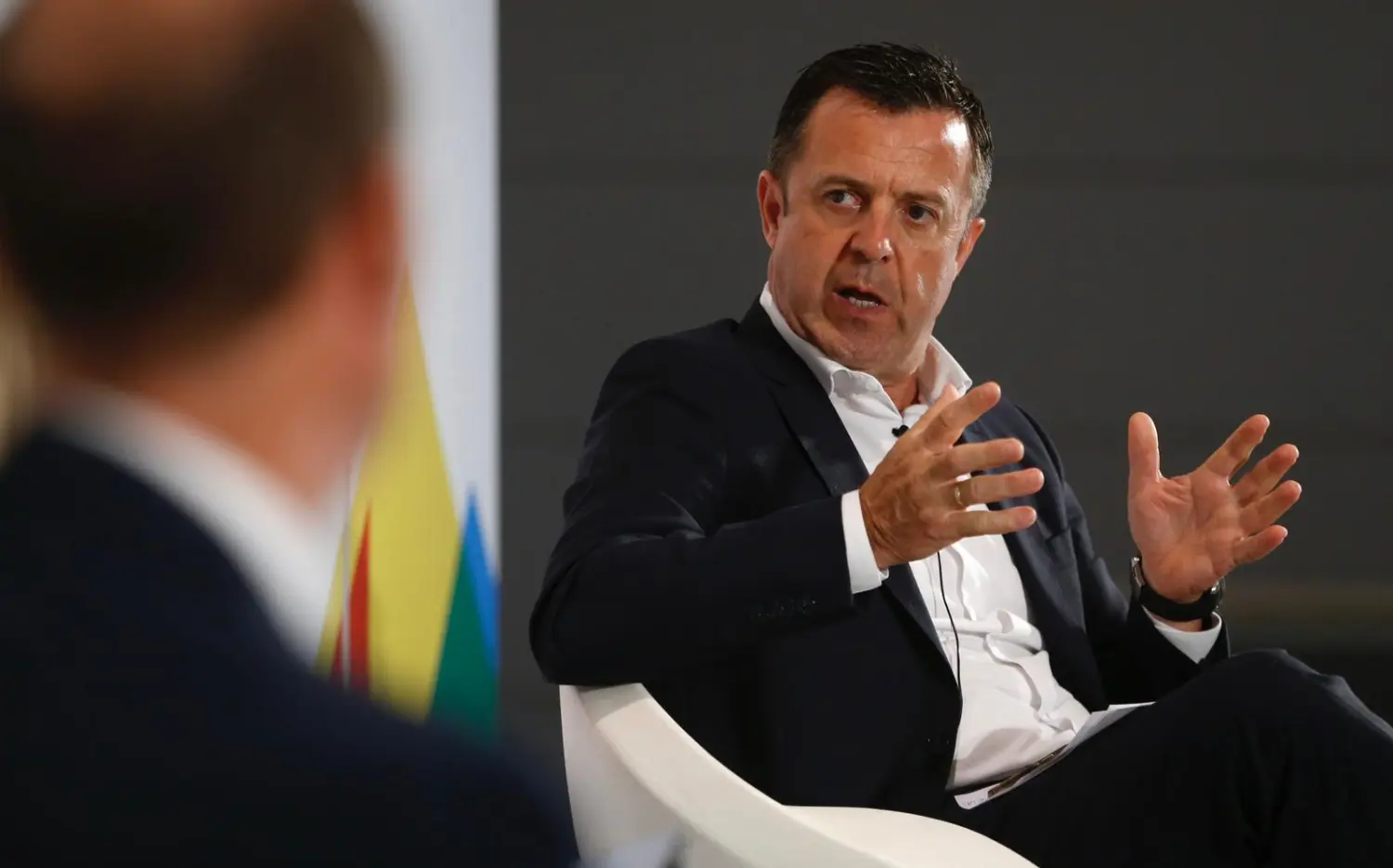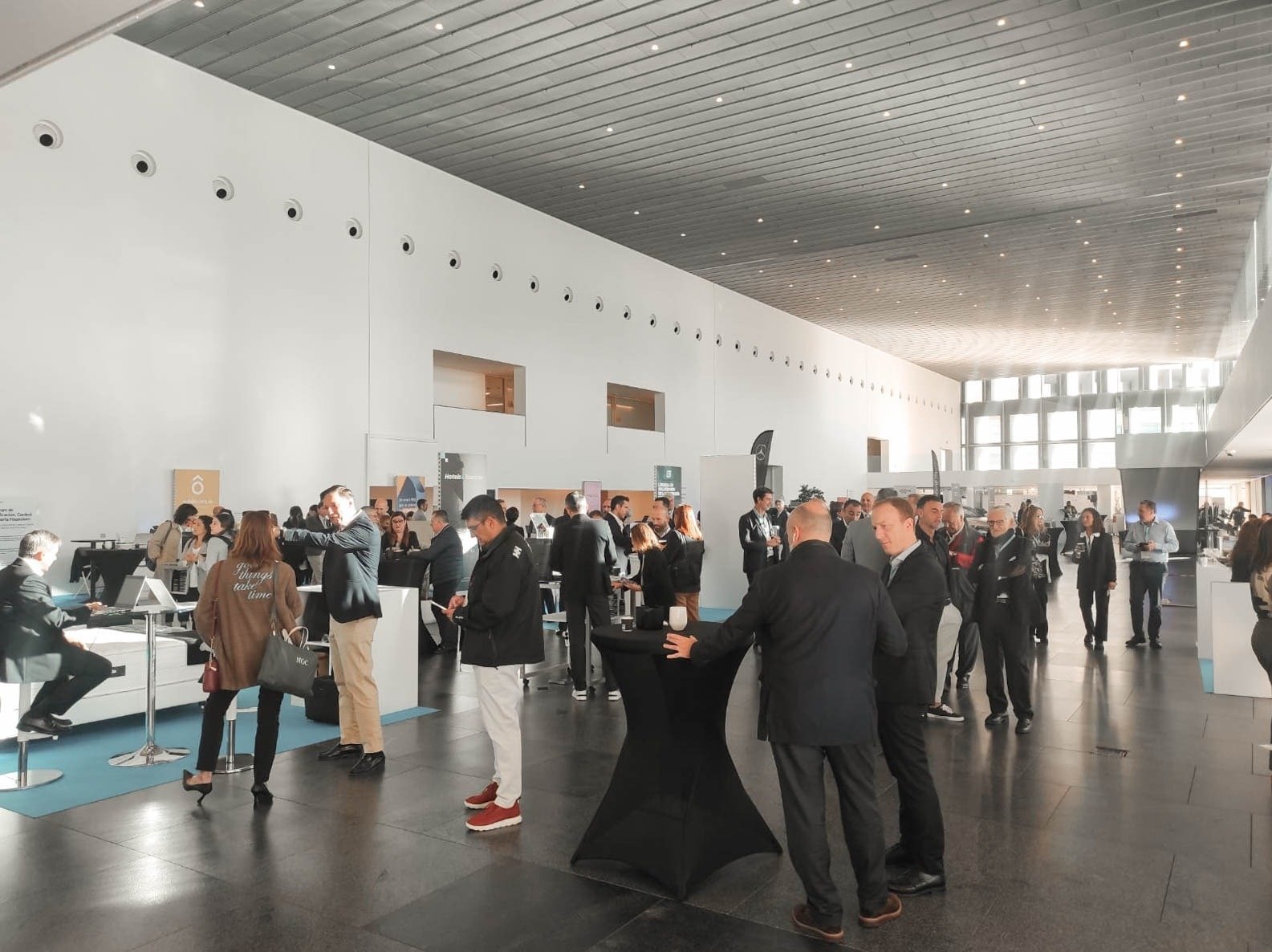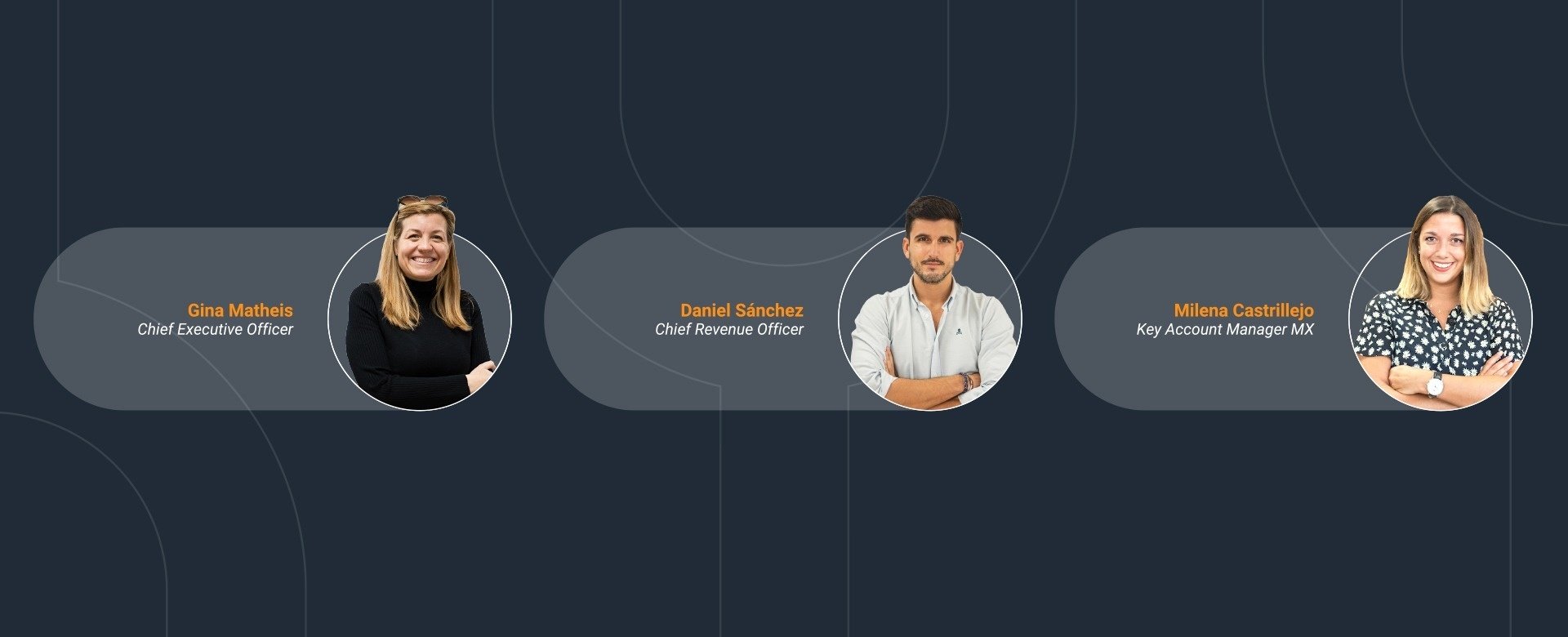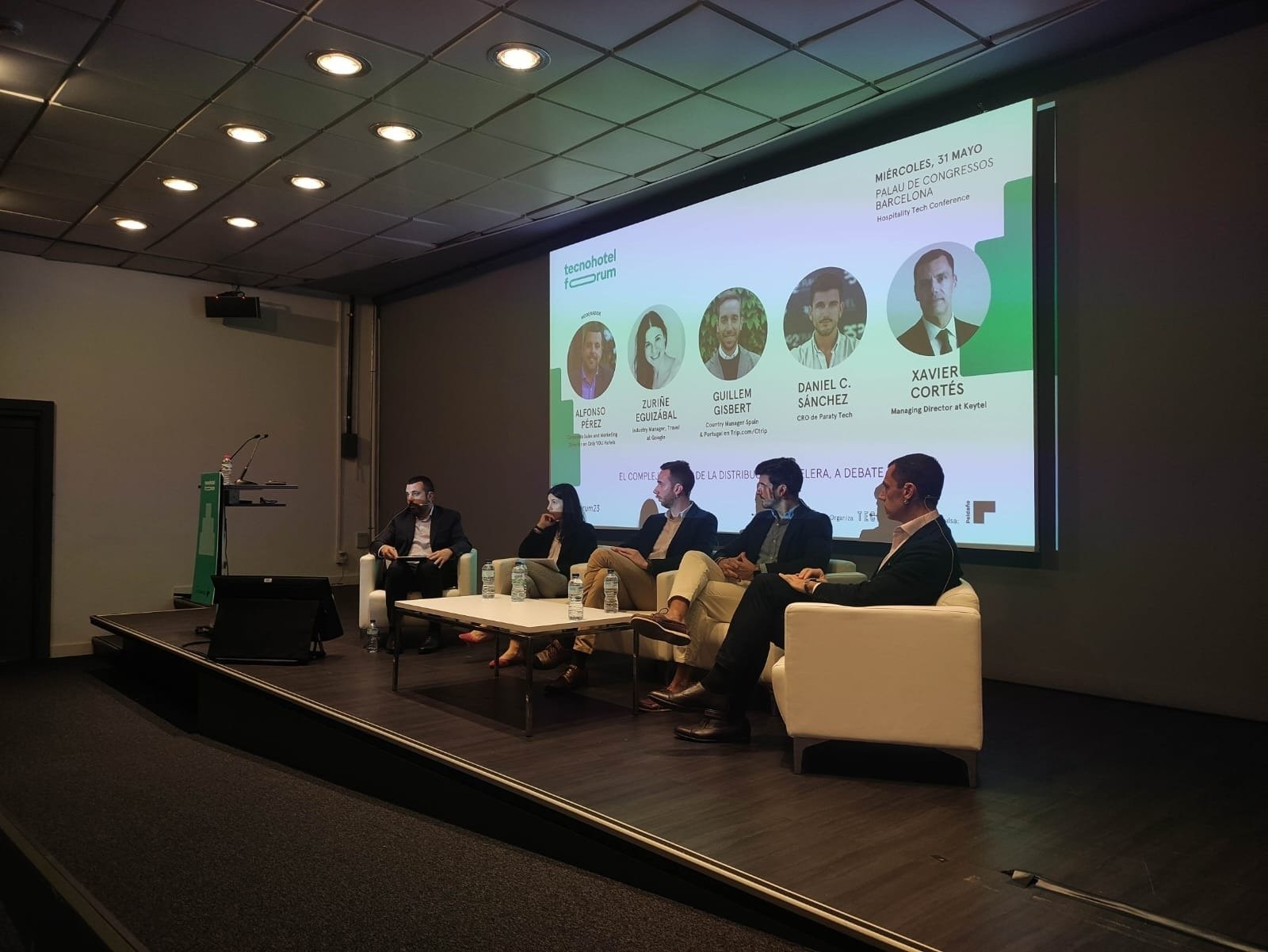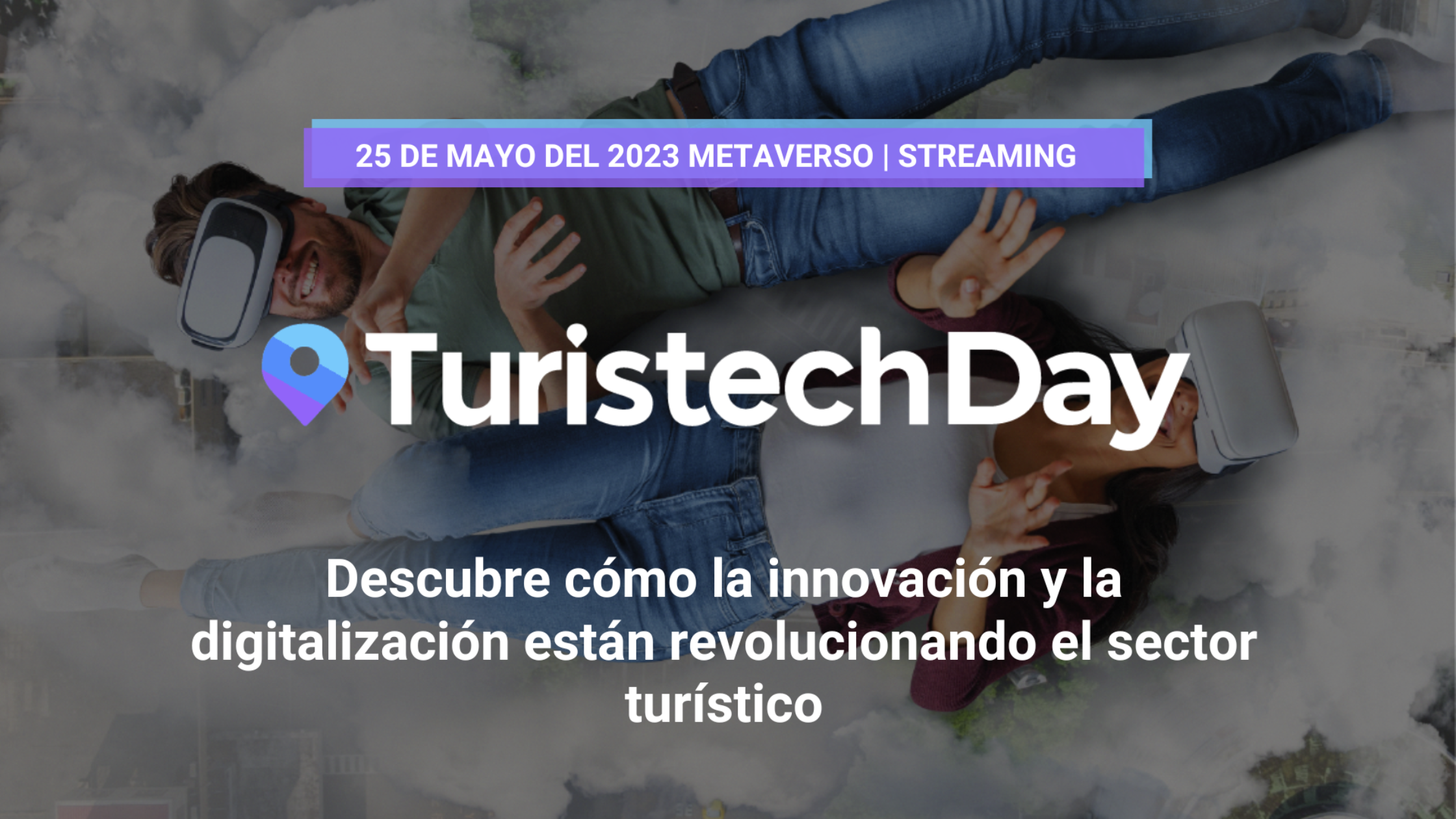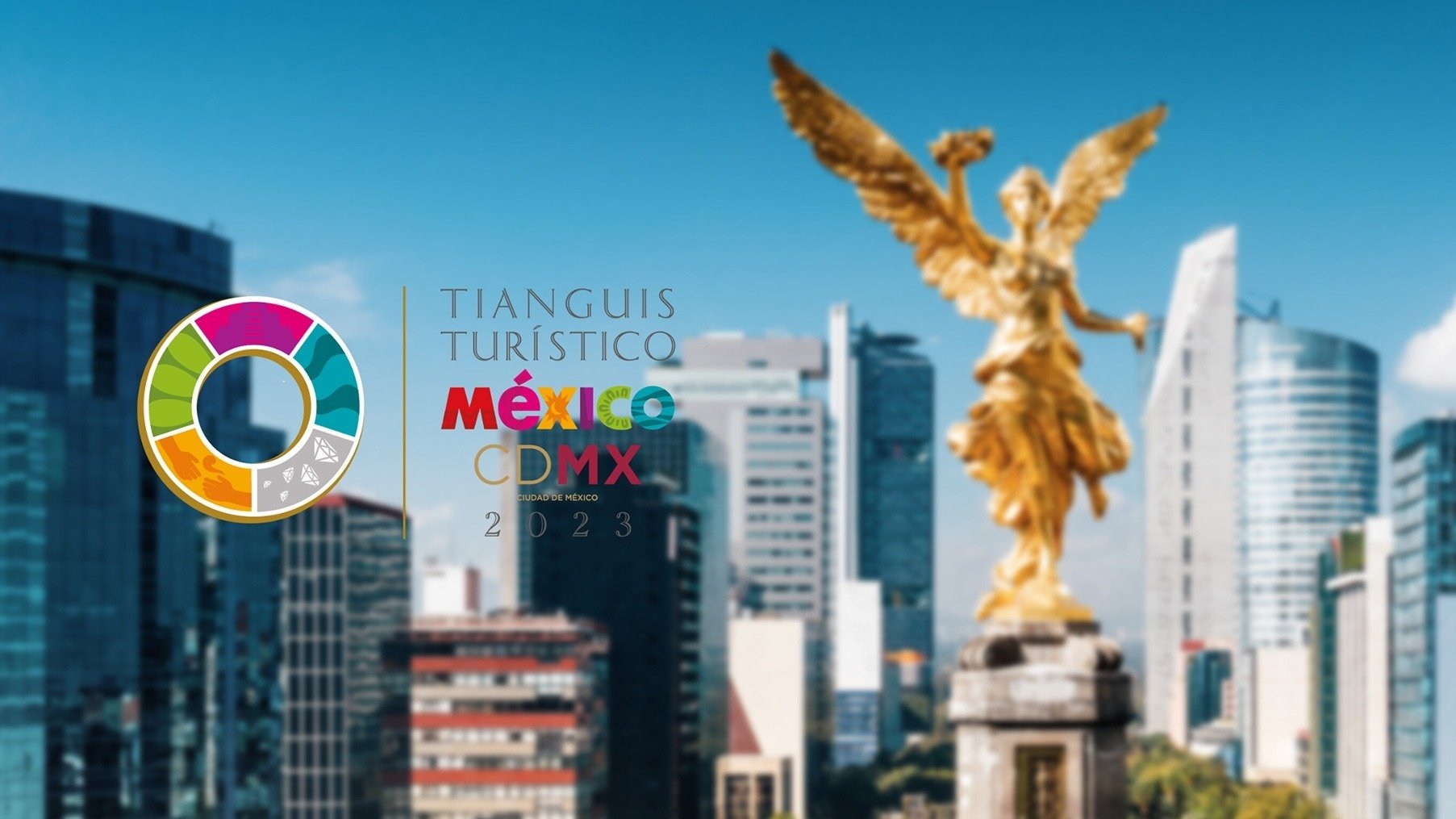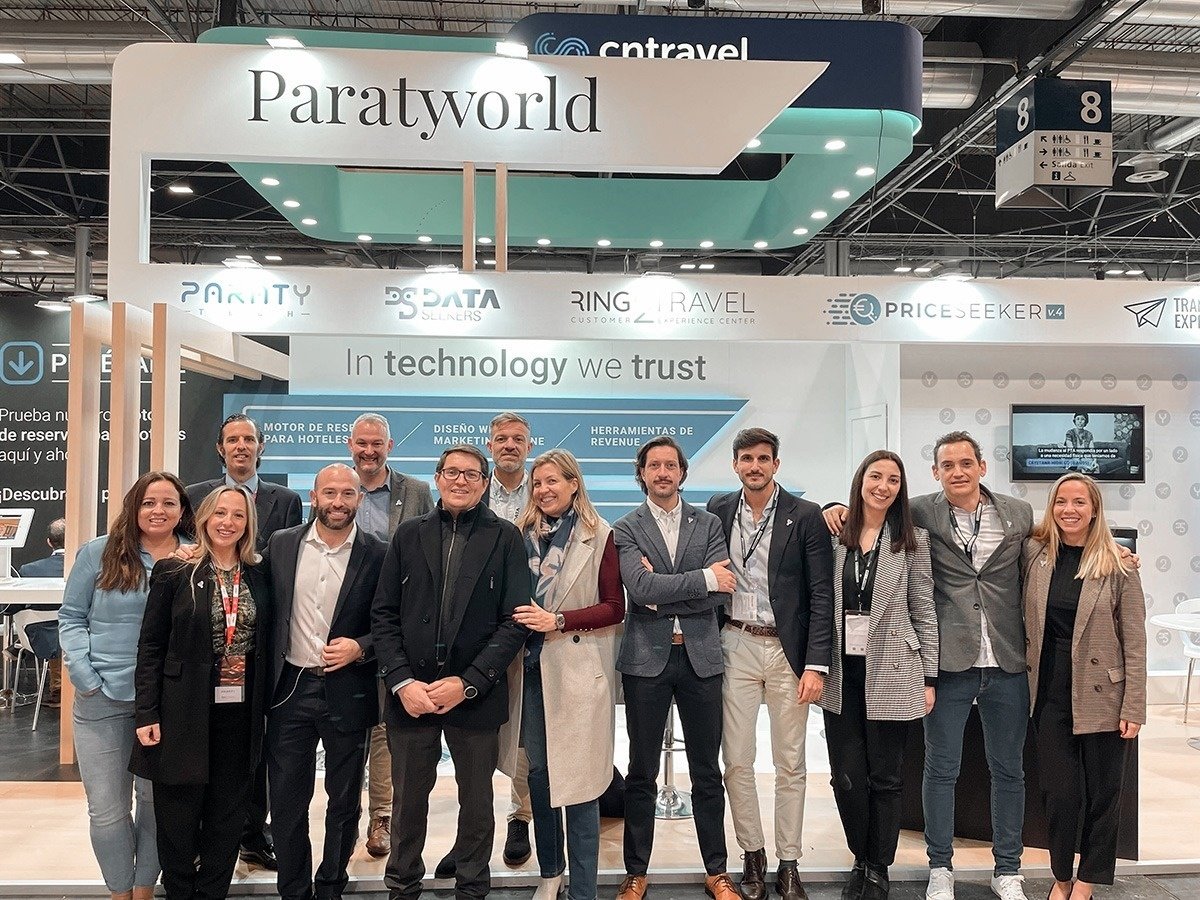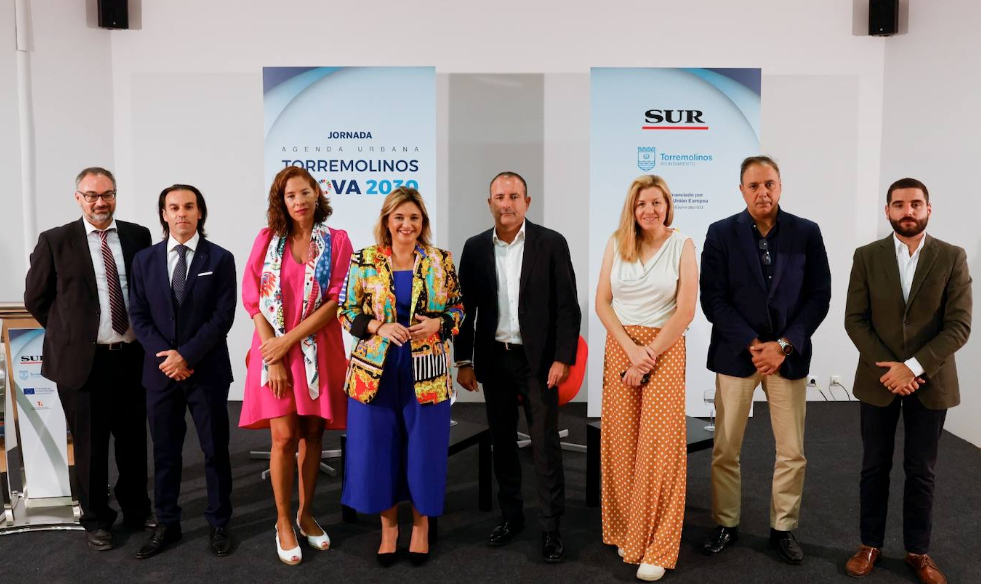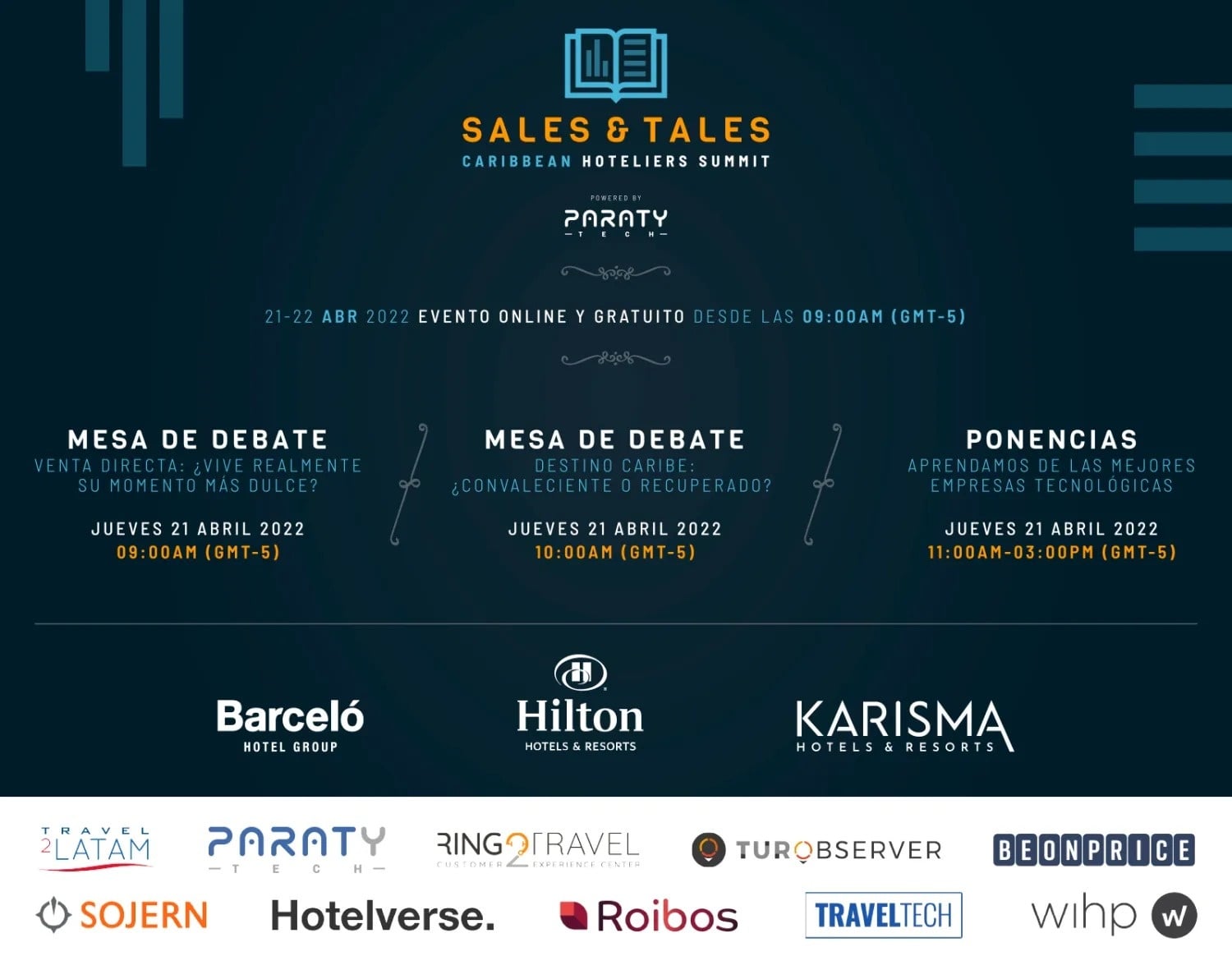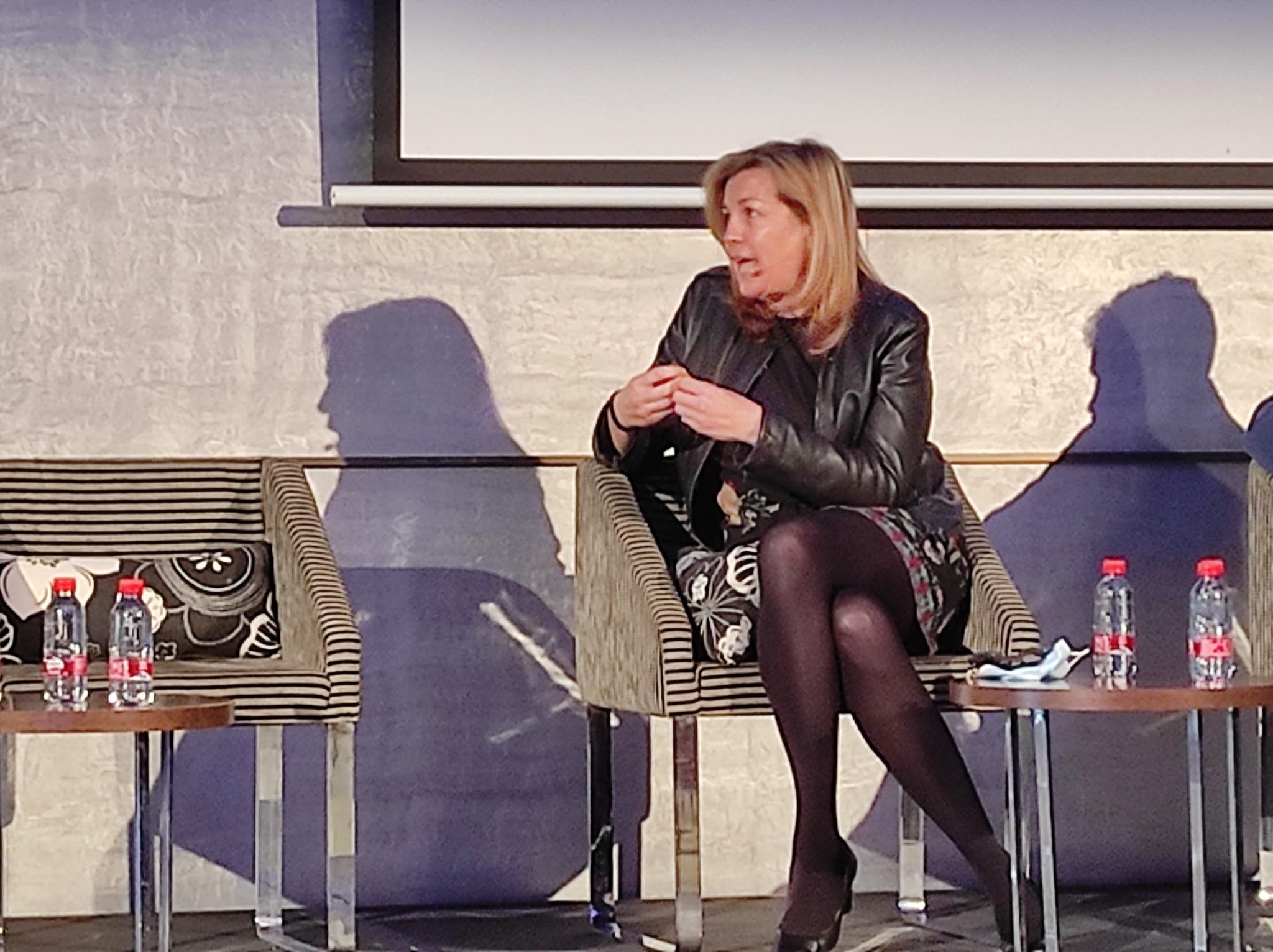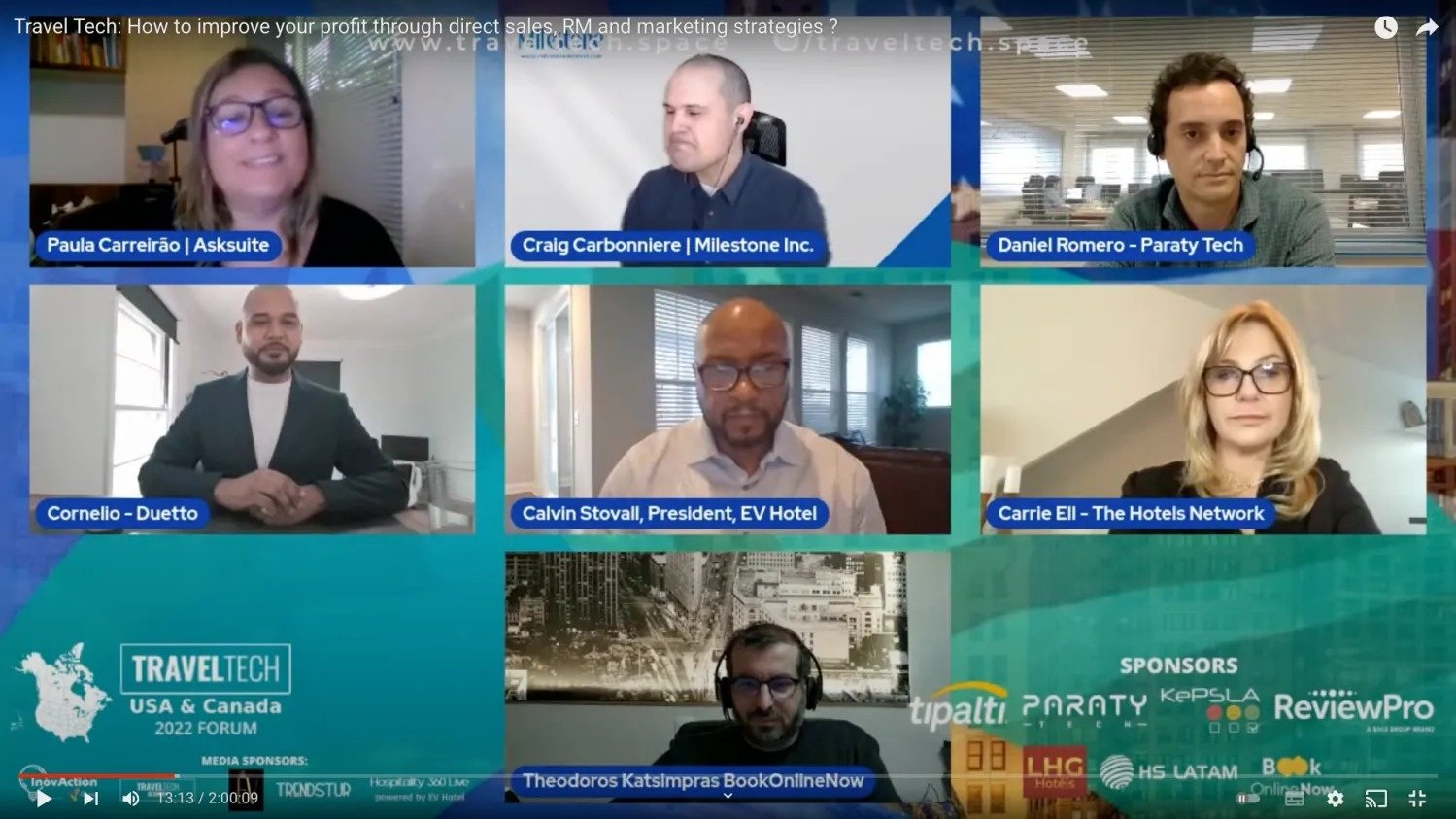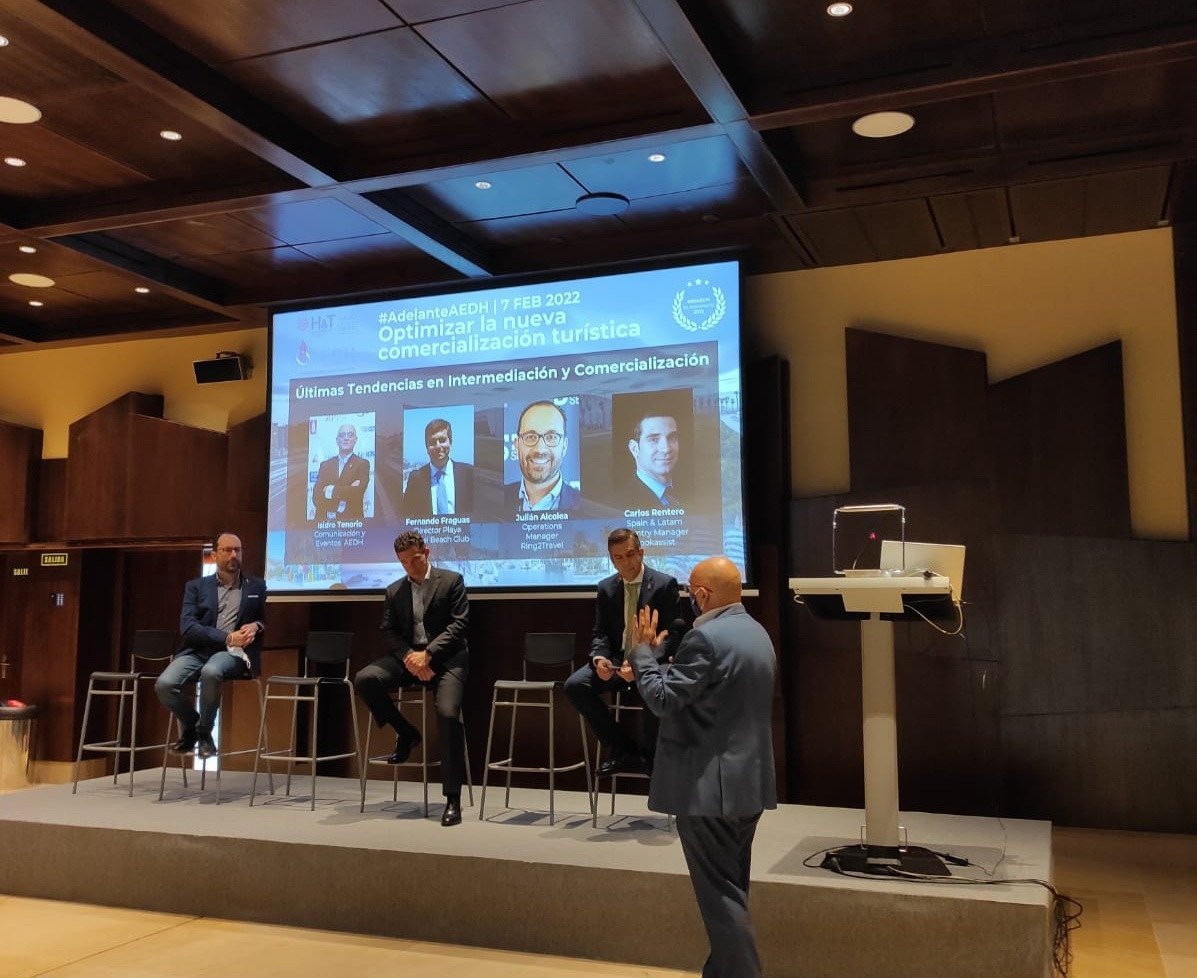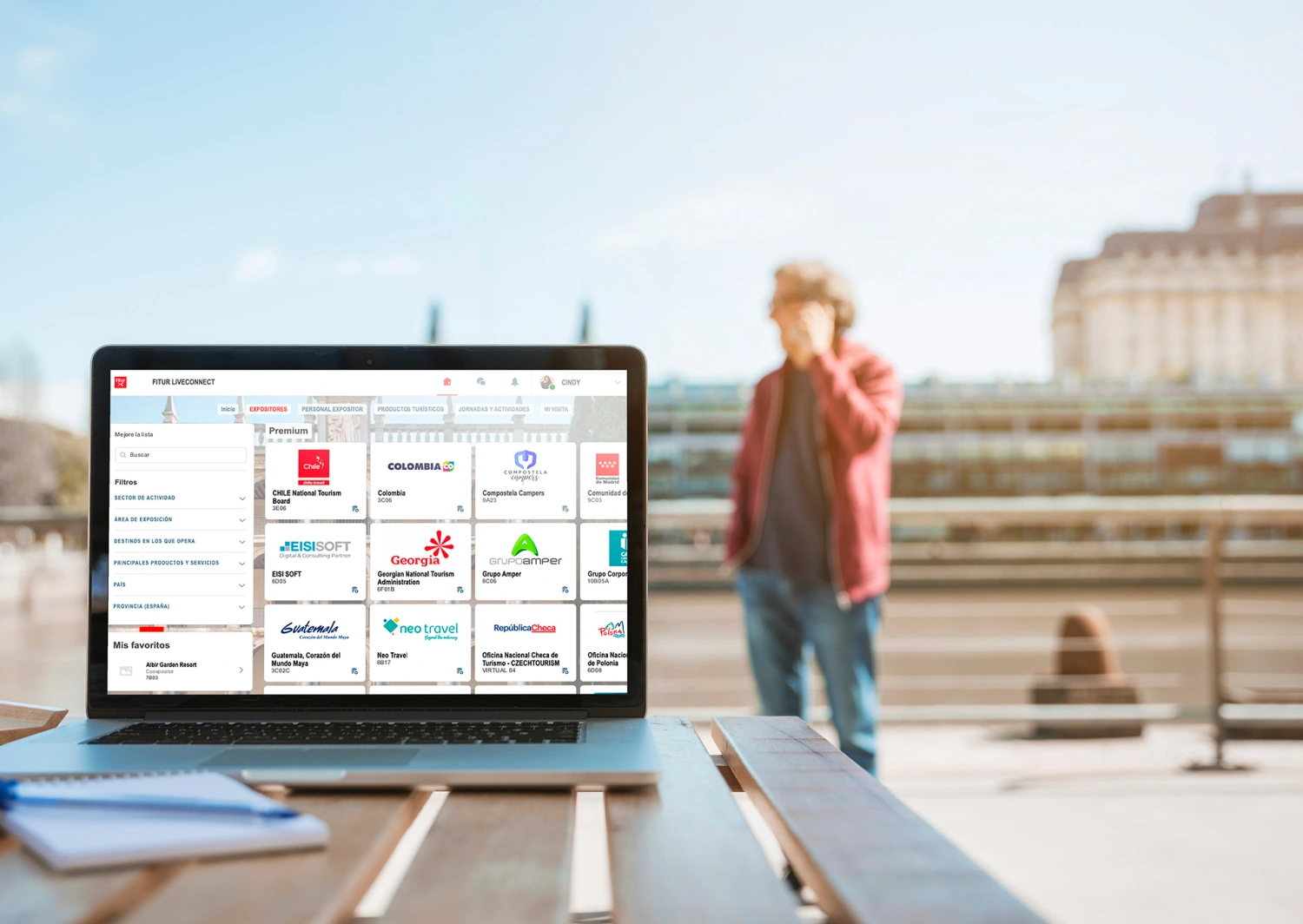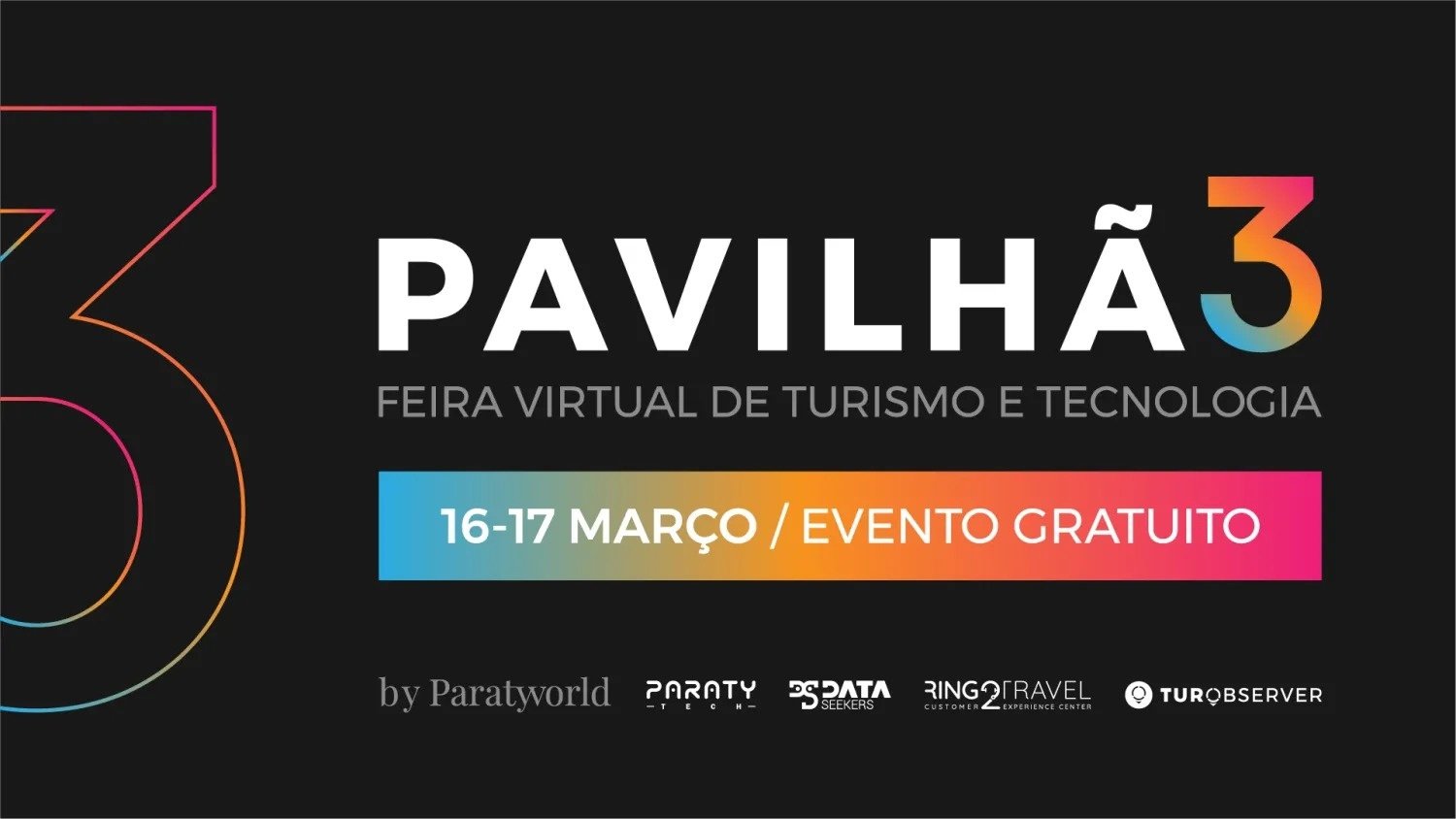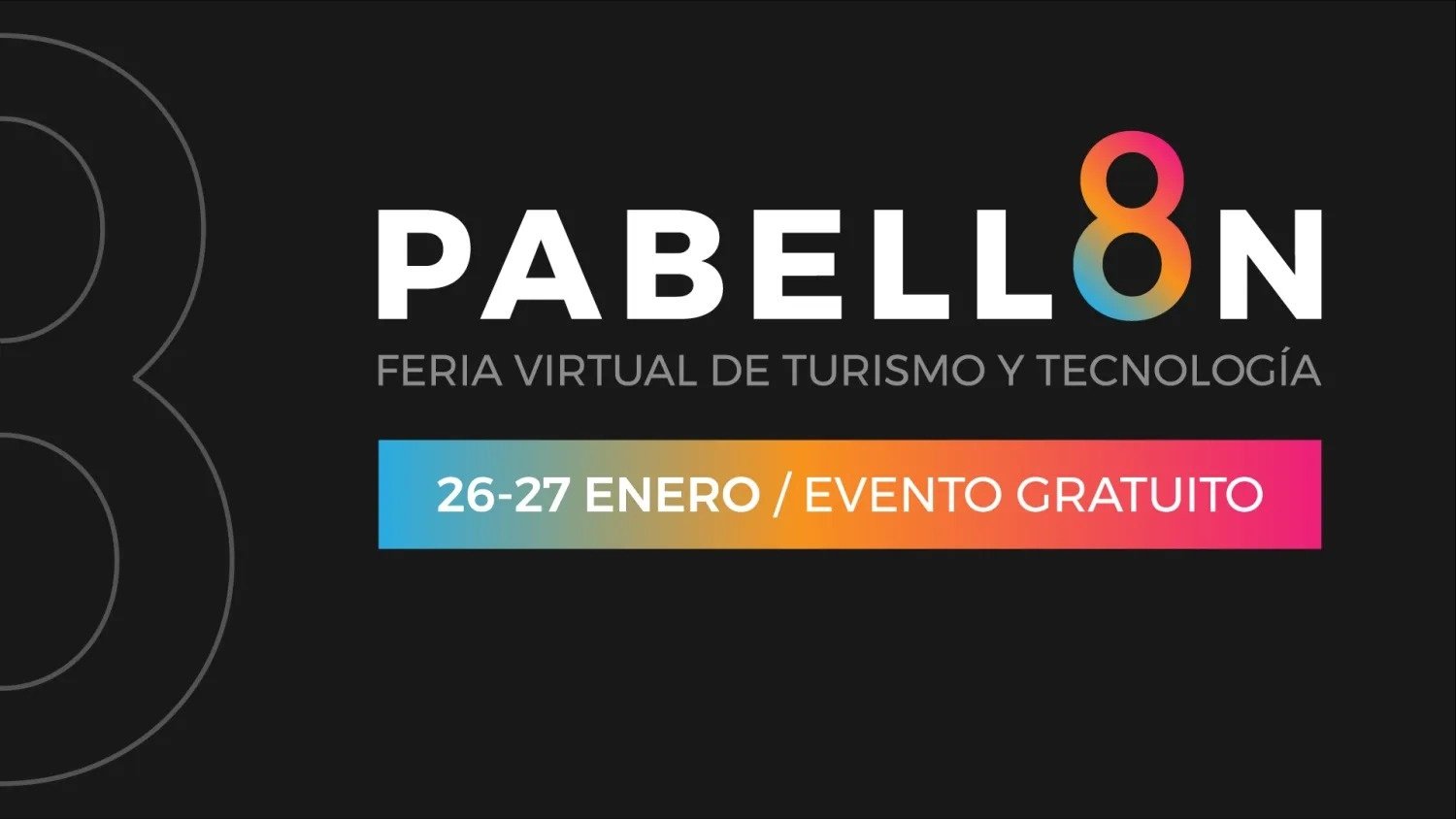Smart Tourist Destinations: opportunity for efficiency and competitiveness
Events 29/06/2021The Virtual Conference "Smart Tourist Destinations," organized by Diario SUR and Segittur, took place last Thursday, June 24th. We had the pleasure of participating, and it delivered a profound message: smart destinations represent an opportunity for efficiency and competitiveness.
Undoubtedly, we agree that the current moment is ideal for Malaga to face this transition. This is due to the rise of data extraction, monitoring, and analysis tools, the launch of applications pursuing efficiency and resource optimization, and the clear intention of municipal administrations to work together on the implementation of innovation policies aimed at consolidating a broader and unified destination: the Province of Malaga.
In this regard, both the DTI Network and Segittur state that they have been outlining different lines of action and creating a list of pending tasks for the development of smart tourist destinations. Under concepts such as governance, sustainability, accessibility, technology, and innovation, they have formed a manual of best practices that is increasingly gaining subscribers.
Block I: What does being a smart tourist destination contribute?
The first block of the event, moderated by Manuel Castillo, Director of SUR, brought together Fernando Valdés, Secretary of State for Tourism, and Francisco de la Torre, Mayor of the city of Malaga, to discuss the contribution of smart tourist destinations: benefits, challenges, and future projects. They reflected on the current recovery context, with a special focus on Malaga, recently declared European Capital of Smart Tourism.
Fernando Valdés focused on three key aspects of smart destinations: governance, which allows coordinating an increasing number of actors contributing directly and indirectly to the tourist offer and the improvement of the visitor experience; innovation and technology, emphasizing the "need for good communication between tourism, technology, and tourism intelligence."
"A smart tourist destination is a recognized, proven methodology that, together with an analysis and action plan, makes a destination more competitive." - Fernando Valdés, Secretary of State for Tourism
Francisco de la Torre referred to smart tourist destinations as "synonymous with a guarantee of quality for both residents and tourists." He highlighted recent actions implemented in Malaga, such as applications related to capacity control, mobility, and sustainability, which have proven highly useful. He stated, "firmly established in many hotels, regarding resource optimization."
Valdés referred to the destination as a service, emphasizing the importance of streamlining transportation contracting and combining cultural offerings from institutions. He spoke about the need to specialize in complementary cultural products, positioning the destination as a cultural product. According to the Secretary of State for Tourism, "a smart tourist destination is a recognized, proven methodology that, together with an analysis and action plan, makes a destination more competitive."
Both speakers also highlighted the importance of promoting data-based business models. They emphasized that knowing everything about the tourist—where they come from, what they like, their risk tolerance—allows companies to improve their positioning in a market with an increasing number of actors. It also helps organizations make informed decisions and manage limited resources.
Regarding future challenges and projects, De La Torre aimed to "perfect digital marketing, make the most of extracted information, and target new markets." Valdés introduced an innovative project with a €130 million investment, "aimed at consolidating relationships with tourists before, during, and after their stay." It involves a technological solution that allows tourists to design personalized experiences, receive tailored suggestions, and establish communication mechanisms to stay in touch with the traveler after leaving the destination.
Manuel Castillo also addressed post-COVID issues. Both guests were cautiously optimistic, recognizing hopeful figures in the data but acknowledging the challenging position of many companies. Valdés explained, "domestic tourism will perform well this season; visits from the German market represent 80% compared to the previous year, and there are good prospects for other markets, such as the Nordic." Regarding the arrival of tourists from the British market, he concluded, "they will come when their authorities allow them. We have done what was in our hands, working as a safe destination at a time of epidemic control, and the entry of British tourists will depend on the evolution of the strain."
Block II: Best practices of smart destinations in Andalusia
Pedro Luis Gómez, Director of Publications at SUR, opened this roundtable, the second block of the conference, advocating for the need to adapt to new times. He proposed consensus between public and private entities for a common goal: digitization.
Alongside him were Sandra Extremera, Councilor of Commerce and Development of the Torrox City Council; Aida Blanes, Tourism Councilor of the Torremolinos City Council; Laura de Arce, General Director of Tourism of the Marbella City Council; and Antonio Díaz, General Director of Tourism Costa del Sol.
Sandra, responsible for providing the necessary perspective of small destinations, explained how, "on the way to Carratraca, I cannot work because there is no coverage. It is necessary to offer technological structure to the tourist." Aida, representing the birthplace of tourism on the Costa del Sol, praised the municipality's heritage, advocating for "actions to increase its offer with many other products that the destination can provide." She emphasized the need for "common technological tools that allow tourists to move around our province."
Antonio Díaz highlighted that "the Costa del Sol has a well-established tourism that, faced with difficulties, must open up to new markets." He stressed the importance of "incorporating complementary products into its offer that shape our personality." He pointed out that "heritage, nature, or gastronomy are differentiating elements that, along with the possibilities of segmentation and personalization enabled by big data, offer travelers a wide range of activities tailored to their preferences and needs."
Finally, Laura de Arce also emphasized going beyond sun and beach tourism, gastronomy, nature, or nomadic tourism. She praised complementary offerings as an enriching element of the destination and added a new variable to the formula: communication, "so that the players believe it." She also joined the idea that "we all have advanced a lot, but intercommunication between provinces is lacking."
The concluding debate of this second block provided valuable contributions, all linked to the idea of promoting tourism from an interprovincial perspective, pooling resources to improve the perception of the Province of Malaga as a destination and leveraging technology and more targeted data. All participants agreed that, after overcoming the worst of the pandemic, tourism will return, but they are open to doing things differently based on what they have learned.
Block III: Opportunities for companies in smart destinations
After an hour and a half of interesting interventions and content, the third and final block featured our colleague Pedro Díaz Burló, Partner and Head of Turobserver, who shared the stage with José Juan Nebro Mellado, President and Founder of Gecor System, and Pilar Martínez, Tourism Editor of SUR, as the moderator.
"Our commitment to the destination translates into its commercialization and distribution, its positioning against the competition, its promotion through virtual workshops, audit and consulting services, and a firm commitment to training tourism professionals." - Pedro Díaz Burló, Partner and Head of Turobserver
After the customary introductions, Pedro Díaz explained why Turobserver's smart data platform is one of the most comprehensive in terms of tourist information: "We are a globally established company, a leader in web scraping and data monitoring, and our platform is fed by one of the broadest information networks in the sector, including OTAs, online reputation websites, tourist accommodation platforms, tour operators, car rentals, hotels, etc. Plus, official data generated by our partners. Our commitment to the destination translates into its commercialization and distribution, its positioning against the competition, its promotion through virtual workshops, audit and consulting services, and a firm commitment to training tourism professionals."
The president and founder of Gecor System also delivered a strong message: "What is not digital does not exist." He firmly believed in the possibility of consolidating "massive personalized production." Nebro insisted on the opportunity for the destination to digitize, overcoming challenges such as the implementation of a data policy, addressing possible market niches, or "creating an app that encompasses the 8 apps that tourists currently need to enjoy the destination, which also interacts with them and responds to the information provided, optimizing services and the overall experience."
"What is not digital does not exist." - José Juan Nebro Mellado, President and Founder of Gecor System
From Pedro's perspective, "technology is key for a destination," but he emphasized, "not every piece of data is valuable; there is a need to socialize the data, make it accessible to small and medium-sized enterprises, and then monitor the destination continuously to ensure nothing fails." Aware of the current situation and knowing that many tourism businesses have prioritized cost reduction over marketing due to lack of time or resources, he considered that the sector's current stage could provide an opportunity to do so.
José Juan complemented these statements by adding that, in any case, a clear definition of objectives and goals is essential. A destination that is clear about what it seeks and which data are important will achieve much more competitive results. As a conclusion, he stated, "the principle of sustainability will prevail in the market, and technology will position itself as a differentiating element."
"Not every piece of data is valuable; there is a need to socialize the data, make it accessible to small and medium-sized enterprises, and then monitor the destination continuously to ensure nothing fails." - Pedro Díaz Burló, Partner and Head of Turobserver
Asked about what will happen in the coming months, Pedro believed that "aligned objectives need to be established to emerge stronger from this crisis." He referred to the consensus between the public and private sectors and joined the wave of hopeful messages from other participants in the conference, suggesting that "after this turning point, which meant having zero tourists, tourism will change. The key to recovery lies in observing the market and responding to the opportunities that may arise, staying prepared for change, being adaptable, and using the knowledge that makes us different and competitive."
"Tourism will change, and the key to recovery lies in observing the market and responding to the opportunities that may arise, staying prepared for change, being adaptable, and using the knowledge that makes us different and competitive." - Pedro Díaz Burló, Partner and Head of Turobserver
On his part, José Juan agreed with Pedro and concluded by defining the constantly growing tourism sector as "an industry of the future." He highlighted the privileged area it is in, the actions taken for "the creation of a more demanding, competitive destination with more professionals, based on digitization and the application of technologies."











